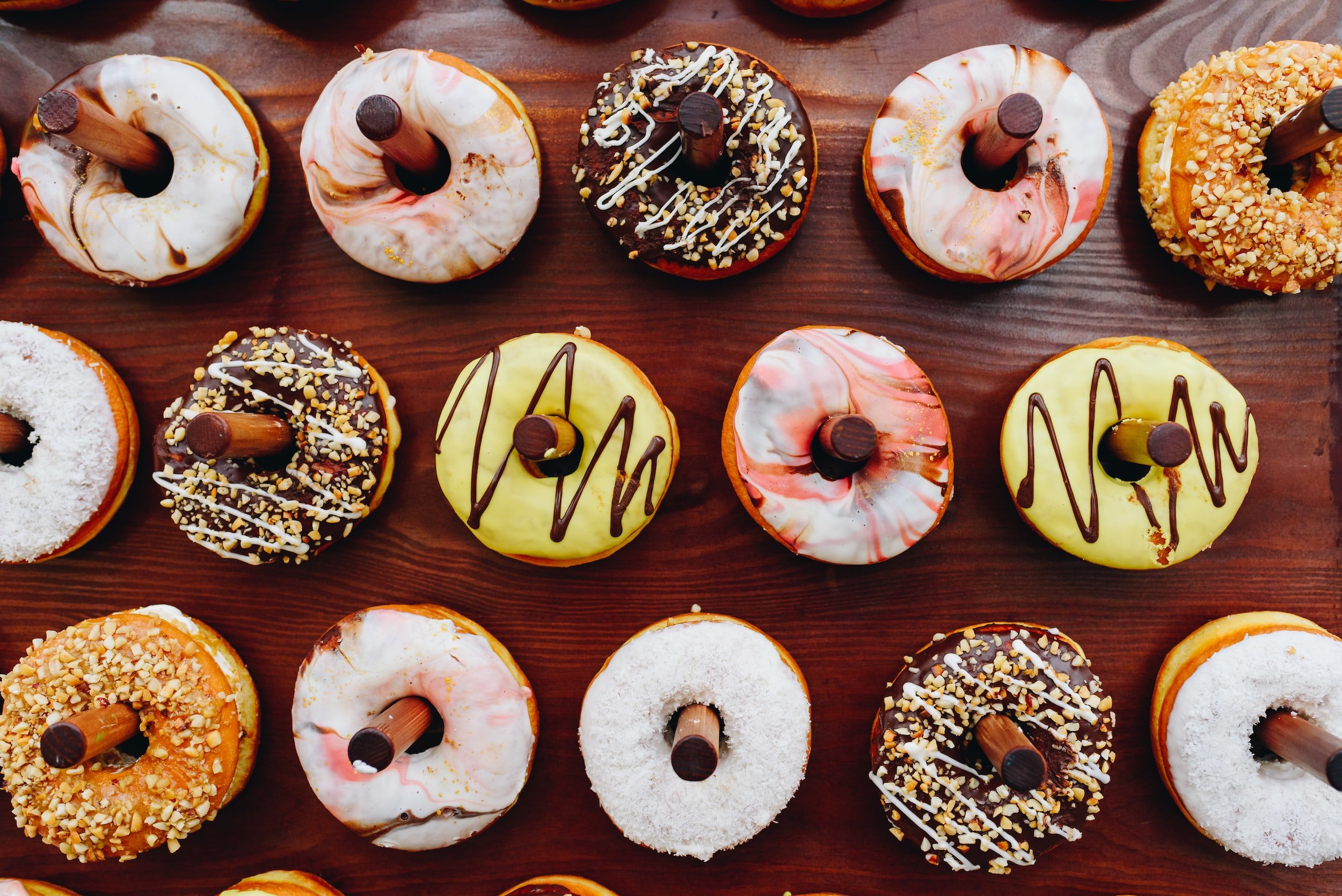The Science of Food Cravings: Understanding Dopamine and How to Manage Temptations
Today we're talking about one of those tricky topics that we all deal with...food cravings. You know that feeling when you're trying to eat healthy, but suddenly you get a hankering for something sweet or salty that just won't quit? Well, I've got some insights to share with you on how to understand what's really going on in your brain and how to take control of those cravings. So, let's dive in!
This is important: food cravings are not just about willpower or lack thereof. It's all about your brain chemistry, specifically a neurotransmitter called dopamine. Dopamine is that little chemical that lights up in your brain when you eat something delicious, giving you that pleasurable feeling. And guess what? Your brain is wired to seek out more of those pleasurable experiences, so it's no wonder those cravings can feel so intense!
So, let's take a closer look at the science of food cravings and how dopamine influences them. When we eat highly palatable foods, such as those that are high in sugar, fat, and salt, our brain releases dopamine, creating a pleasurable sensation. This release of dopamine reinforces the desire for those foods, making us crave them even more. Over time, repeated consumption of these foods can lead to desensitization of dopamine receptors in our brain, requiring even more of those foods to achieve the same level of reward. This can contribute to the development of unhealthy eating patterns and weight gain.
Various factors can influence dopamine release and impact the intensity and frequency of food cravings. Genetics can play a role, as some individuals may be more genetically predisposed to food cravings due to their unique makeup. Environmental factors, such as our upbringing, culture, and surroundings, can also shape our food cravings. Emotional triggers, stress, and lack of sleep can further impact our brain's reward system and trigger cravings as a way to cope. Additionally, food industry marketing and the availability of highly processed, hyperpalatable foods can also influence our cravings.
But here's the thing - you can outsmart your brain and make healthier choices. It's all about understanding the science behind it and using some practical strategies to manage those cravings. Let's break it down:
1. Be mindful of what you eat: Pay attention to what you're putting into your body. Choose whole, unprocessed foods that nourish your body and keep your brain chemistry in balance. Avoid those overly processed, high-sugar, high-fat foods that can trigger intense cravings.
2. Slow down and savor: Take your time when you eat. Chew slowly, savor each bite, and really tune into your hunger and fullness cues. This can help you become more aware of your cravings and make conscious choices about whether to indulge or not.
3. Find healthy substitutes: When a craving hits, try finding healthier alternatives to satisfy it. Reach for a piece of fruit, a handful of nuts, or some crunchy veggies instead of reaching for that bag of chips or that sugary treat. Experiment with different options and find what works for you.
4. Deal with emotions in a healthy way: Emotional eating is a real thing, but you can find other ways to cope with your emotions. Try going for a walk, meditating, or talking to a friend when you're feeling stressed or overwhelmed. Finding healthy coping strategies can help reduce the triggers for emotional eating.
5. Take control of your environment: Your environment plays a big role in your food choices. Keep unhealthy foods out of sight, stock your pantry with nutritious options, and avoid trigger foods or situations that may lead to cravings. Set yourself up for success by creating a healthy food environment.
6. Get support: Don't be afraid to ask for help! Surround yourself with a supportive network of friends, family, or a holistic health coach if needed. Having someone to talk to and seek guidance from can provide valuable insights and strategies to overcome food cravings.
Remember, it's not about being perfect or never indulging in your favorite treats. It's about understanding the science of cravings, being mindful of your choices, and making empowered decisions that align with your health goals. You've got the power to take control of those cravings and make healthier choices. So, say no to food cravings, and yes to a healthier, happier you!
Want to learn more? Check out my blog [insert hyperlink] for in-depth details on understanding food cravings and conquering them for good!
Remember, you've got this. Take small steps, be kind to yourself, and keep pushing forward. Take care and keep crushing those cravings!


